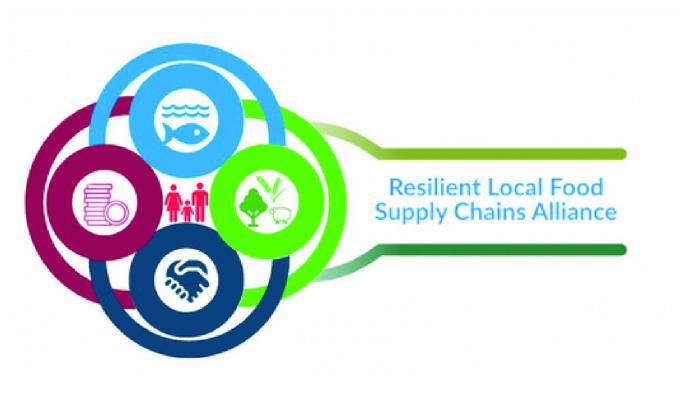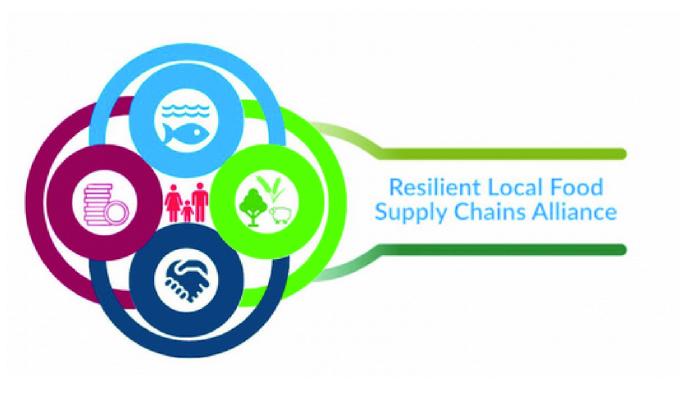Period
2018 - 2023
This practice focuses on implementing water-saving measures in Upper Egypt, particularly the use of solar-powered pumps for irrigation. With over 90 percent of smallholder farmers in the region relying on small plots and facing challenges from climate change and limited access to resources, this action addresses the critical issue of water scarcity. By adopting solar-powered pumps, farmers experienced a 35 percent reduction in water usage and costs, contributing to their resilience and sustainable agricultural practices. The implementation of water users' associations and irrigation schedules has further enhanced water management in the region. The success of this practice has not only benefited over 3,900 farmers by reducing cultivation costs and increasing production on over 3,100 acres of consolidated plots but has also positively impacted the local environment by promoting more efficient water usage. The case study highlights the effectiveness of water-saving measures and their potential for replication in other water-stressed regions, contributing to the overall food safety and sustainable development goals of the community
You must be registered to see all the content
Identification needs
With over 90 percent of smallholder farmers of Upper Egypt being dependent on small plots of land, they are particularly vulnerable to the socio-economic impacts of the pandemic and climate change, with limited access to diversified economic opportunities, financial and technical support, knowhow of crop loss reduction and market linkages.
Stakeholder change
In 2021:
- 31,200 men & 18,900 women strengthened their capacity to adapt to risks of climatic changes & to improve their agricultural productivity & livelihoods
- Over 3,100 acres of fragmented land plots consolidated, significantly increasing production & decreasing cultivation costs for over 3,900 farmers
- A 35 percent reduction in water usage & costs induced through water users’ associations, irrigation schedules, canal lining & solar-powered pumps
- 39,000 rural household members received unconditional monthly cash-based transfers to secure their basic food needs in time of the pandemic
- Over 19,300 rural community members, majority women, received improved breeds of ducks and chicken to diversify & enhance their livelihoods
- 26,600 rural community members supported to transition & contribute to Egypt’s formal economy through agri-business & financial literacy workshops
Change triggered
To document best practices and lessons learned for the scale-up and replication of interventions, WFP partnered with the International Center for Agricultural Research in the Dry Areas to develop educational videos based on project interventions. Once published, these videos will be accessible to development partners and farming communities globally.
The outcome will be delivered through the following outputs:➢ Vulnerable smallholder farmer and Bedouin communities benefit from livelihood diversification activities to improve their incomes and food security.➢ Bedouin communities receive food assistance to create or rehabilitate assets to improve their livelihoods.➢ Smallholder farmers benefit from improved agricultural practices and inputs and enhanced market linkages to improve their adaptation and resilience to the impacts ofclimate change (SDG 13).
Short description
WFP and the Ministry of Agriculture and Land Reclamation (MALR) implemented activities, bringing together the adaptation gaps and needs of smallholder farmers in 60 of the poorest villages (identified under the national ‘Decent Life' initiative) through improved agricultural and irrigation practices, enhanced market linkages, financial literacy and inclusion, diversification of income and cash-based transfers (CBT).
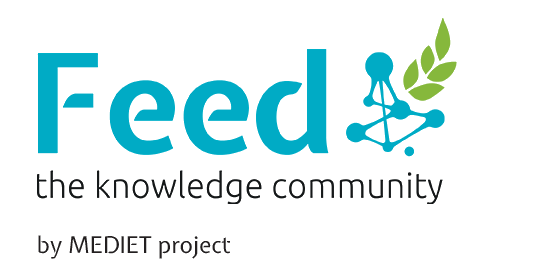










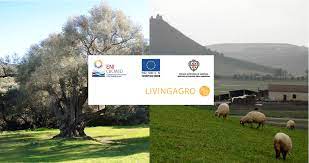
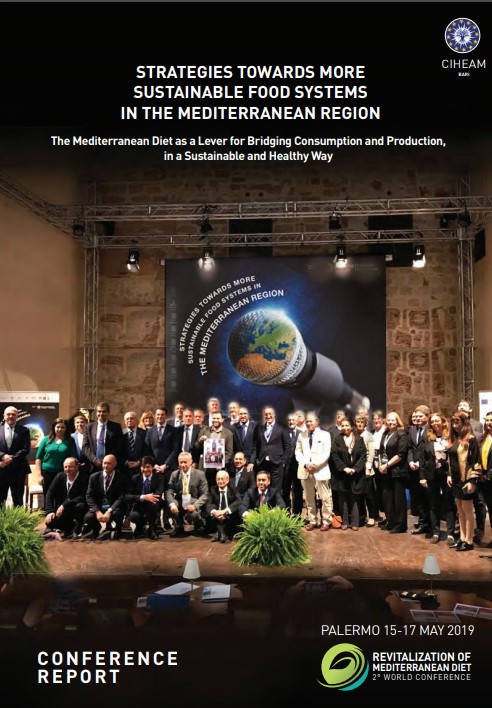

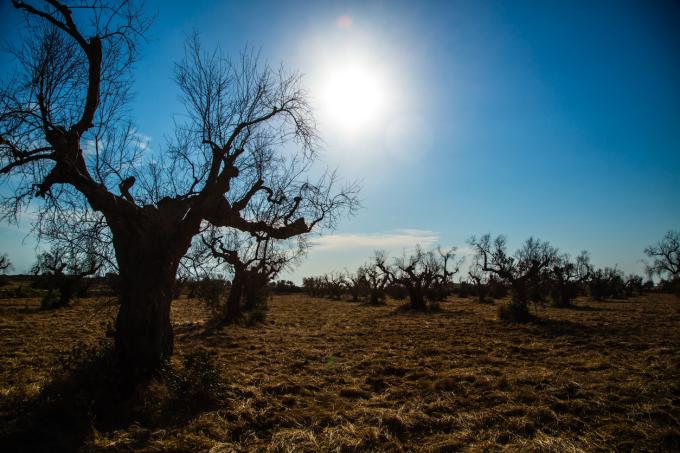
.png)
